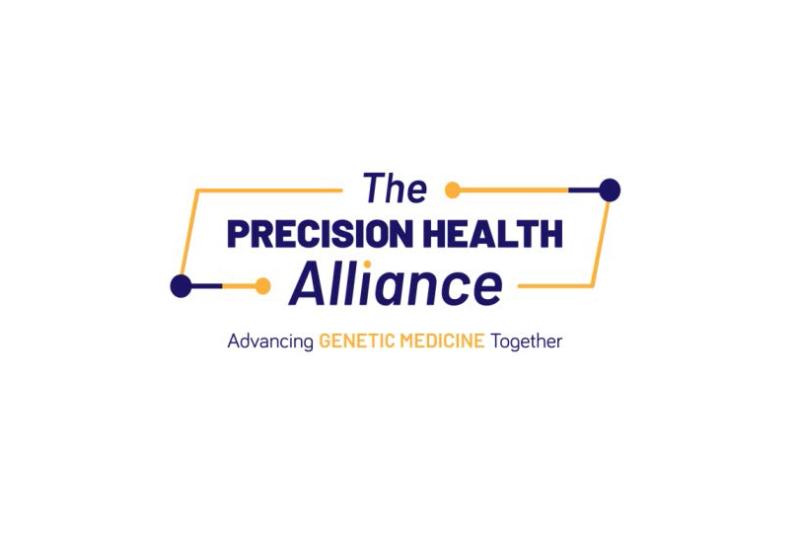
The Precision Health Alliance, a new consortium co-founded by the Duke Clinical Research Institute (DCRI), Beam Therapeutics, CRISPR Therapeutics, Intellia Therapeutics, and Verve Therapeutics, launched today to promote innovation in precision health and medicine. Additional academic and industry collaborators are expected to join the alliance in the future.
The goal of the Precision Health Alliance is to understand and address the challenges facing the field of precision health, which refers to personalized health care based on individual genetic factors.
The alliance will serve as a platform for innovative research related to gene editing, aiming to better understand patient preferences, ethical considerations, and regulatory requirements and challenges. The alliance also seeks to inform and shape future policy and payment models that could help accelerate and expand access for patients.

“We believe that precision health has the potential to transform health care, and we are committed to working with our partners to make this vision a reality,” said Adrian Hernandez, MD, MHS, executive committee chair of the Precision Health Alliance and executive director of the DCRI.
The Precision Health Alliance will focus on:
- Developing a dissemination and implementation platform for real-time insights and streamlined study conduct
- Leveraging real-world data sources to alleviate research burden and improve follow-up
- Establishing and supporting effective, patient-friendly treatment pathways
- Developing new ethical and regulatory frameworks for precision health
- Engaging with patients and the public to understand perceptions and preferences as well as build trust in precision health.
Founding partners in the alliance from across the biotechnology industry expressed their enthusiasm for the transformational potential of the collaboration:
- “We are looking forward to partnering with the Precision Health Alliance to find solutions to common challenges that we all are facing in trying to bring an entirely new class of medicines, one that utilizes genome editing for a potential one-time treatment to patients with significant unmet medical needs,” said Amy Simon, MD, chief medical officer of Beam Therapeutics.
- “This alliance can help propel genetic medicine to play a greater role in health care, with the goal of helping patients as in vivo gene editing becomes more broadly adopted,” said Julianne Bruno, MBA, senior vice president and head of programs & portfolio management at CRISPR Therapeutics. “We applaud the Precision Health Alliance for launching this important initiative to better understand and address the challenges faced by patients, and we are excited to be part of it.”
- “Precision health has the potential to revolutionize the way we prevent, diagnose, and treat disease,” said David Lebwohl, MD, chief medical officer of Intellia Therapeutics. “As we rapidly expand the therapeutic applications of gene editing technologies, we must also ensure the medical community is prepared to support this new era in medicine. Broad patient access to new technologies will be paramount to the widespread adoption of precision health. By improving ways to share data across stakeholders and establishing ethical and regulatory frameworks that put patients’ interests first, we can, together, maximize the impact of this groundbreaking science.”
- “It’s important to work together as a collaborative community to ensure these exciting clinical breakthroughs have the greatest benefit for patients,” said Fred T. Fiedorek, MD, chief medical officer of Verve Therapeutics.
“By addressing the challenges of implementing precision health in a real-world setting, this collaboration could help ensure that precision health benefits all patients, regardless of their background or circumstances,” Hernandez said.
About the Precision Health Alliance
The Precision Health Alliance is a consortium dedicated to accelerating the adoption of
precision health. The alliance brings together clinicians, data scientists, and healthcare leaders from across the United States to work on a variety of projects, including developing new care pathways for precision health, establishing a data sharing platform, and engaging with patients and the public.